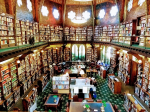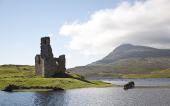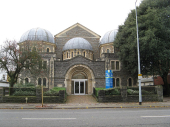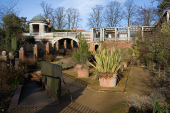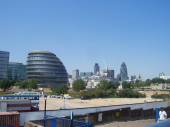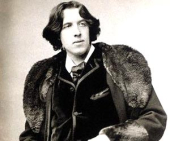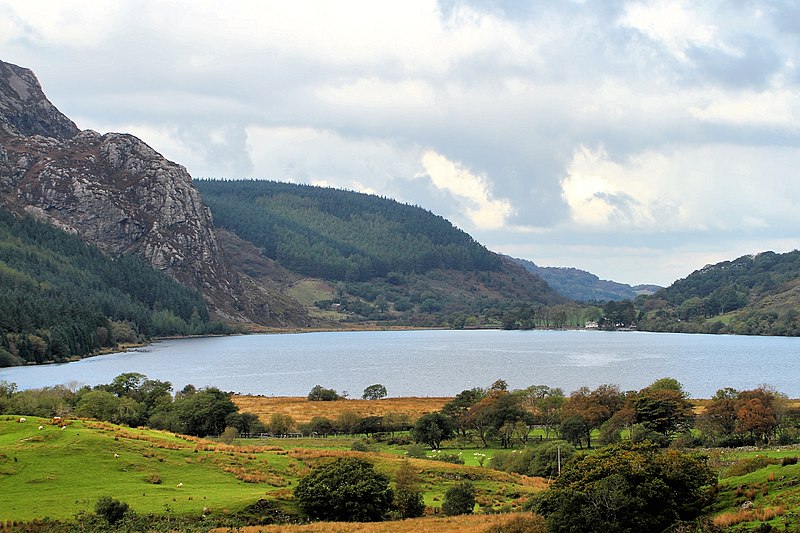
National park officials within Wales have recently made a unanimous decision to exclusively use Welsh names for over 200 lakes and waterfalls, aiming to preserve and promote the region's
cultural heritage.
Eryri National Park, formerly known as Snowdonia, intends to standardize the nomenclature of these natural sites, ensuring their safeguarding for future generations. This move involves shifting from common English references such as Lake Australia and Bala Lake to their Welsh counterparts, namely Llyn Bochlwyd and Llyn Tegid. Even Llyn Barfog, colloquially known as Bearded Lake, will adopt its Welsh name.
While some of these sites already bear Welsh names, others previously had English translations. The National Park Authority's unanimous endorsement underscores the endeavor's significance.
This initiative comes amidst a growing demand from language advocates to embrace Welsh nomenclature for local landmarks.
In recent times, the rebranding of Snowdonia as Eryri and the renaming of Mount Snowdon to Yr Wyddfa have faced resistance, with Prime Minister Rishi Sunak openly stating his preference for the former names. Similar resistance emerged against the renaming of the Brecon Beacons National Park as Bannau Brycheiniog, suggesting an attempt to appear 'trendy' by park authorities.
The move to Welshify place names extends beyond the national park. There are discussions about renaming Caerphilly and Barry, advocating for Welsh names in Welsh places.
Naomi Jones, the head of the National Park Authority's cultural heritage division, praised the historical significance of these names as part of the region's cultural tapestry, affirming their recording for future generations and integration into daily use.
However, this decision has faced backlash from English-speaking tourists, who criticized it as a misallocation of resources and an improper focus of priorities.
The initiative brings prominence to place names, seen by Cardiff University's Dr. Dylan Foster as a means of sharing local dialects and folklore. Dr. Foster advocates for standardized naming practices in a digital age when information dissemination happens rapidly.
The discussion on embracing Welsh names for Welsh places has found favor among certain quarters, even within the Welsh government. Minister Jeremy Miles acknowledged the argument for using Welsh exclusively in certain cases, aiming for consistency in naming practices.
This movement seeks to honor Wales' history, culture, and language, resonating with ongoing efforts to recognize and respect the nation's identity and heritage. It involves a shift toward the exclusive use of Welsh names for places in Wales across official documentation and media platforms. However, it remains a point of contention, especially for those habituated to the English versions of place names. Photo by Tim Felce (Airwolfhound), Wikimedia commons.









